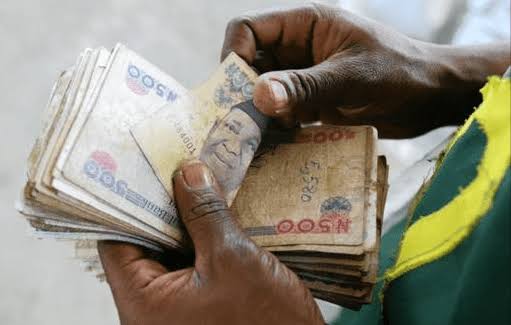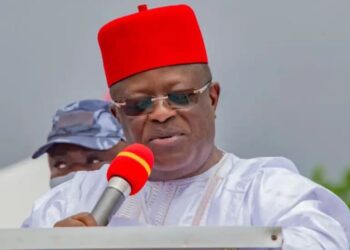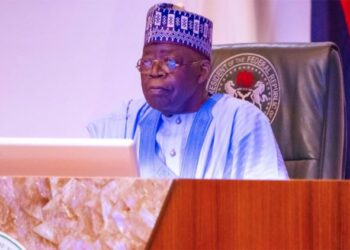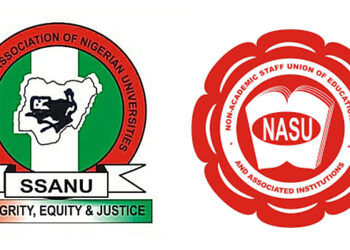At least 42.69 million poor Nigerians were excluded from the Federal Government’s N5,000 monthly cash transfer since its inception in 2016.
In June 2023 edition of the Nigeria Development Update, the World Bank disclosed that only 19.4 per cent of Nigerians benefitted from the programme.
With an estimated population of 207.25 million (based on World Bank estimates), this meant that only about 40.21 million Nigerians benefitted from the cash transfer programme.
The Washington-based bank noted that about 40 per cent of Nigerians (82.9 million people) lived on less than the national poverty line at the end of 2022.
On the poverty rate, the bank said, “The majority of Nigerians are either poor or economically insecure, just one shock away from falling into poverty. About 40 per cent of Nigerians—82.9 million people— lived on less than the national poverty line in 2018/19.13. An additional one quarter of the population—some 52.6 million people—were economically insecure, at high risk of falling into poverty. The overall poverty situation since then is unlikely to have improved given that GDP per capita has declined since 2019.”
Based on the poverty rate, it meant that 42.69 million poor people did not benefit from the Federal Government’s cash transfer programmme.
Despite the exclusion, the lending bank noted that an additional four million Nigerians became poor between January and May this year due to rising inflation.
With the recent fuel subsidy removal, it had been projected that about 7.1 million poor Nigerians would become poor if the Federal Government failed to compensate or provide palliatives for them.
This had further underscored the need for urgent assistance, especially to the poor and vulnerable in the country.











